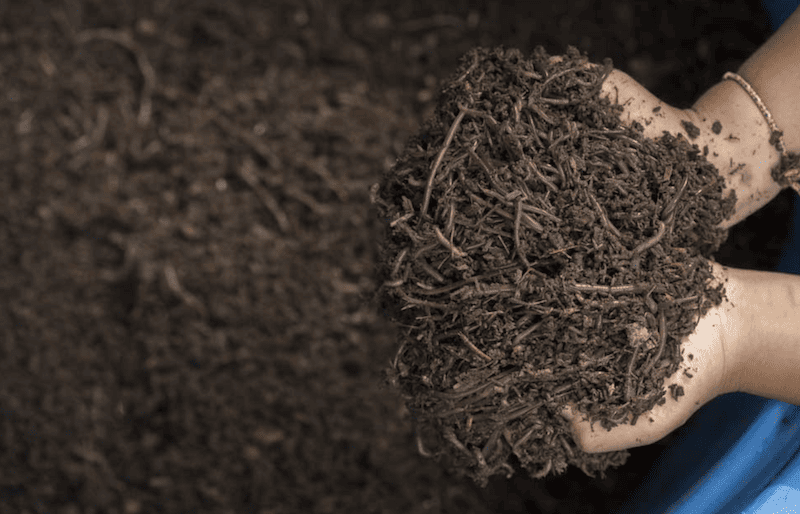The Role of Worm Farming in Soil Fertility and Waste Reduction
Worm farming, also known as vermiculture, is more than just an interesting hobby. It has profound implications for soil health, waste reduction, and the overall sustainability of our agricultural practices. Let's delve into this amazing world of worm farming and its various benefits.
What is Worm Farming and why is it Important for Soil Fertility and Plant Health?
Worm farming, or vermiculture, is the process of using worms to decompose organic food waste, turning the waste into a nutrient-rich material capable of supplying necessary nutrients to plants. This method is simple and effective, providing a dual benefit of managing household waste and creating an environment-friendly source of organic fertilizer.
Worm Farming and Soil Fertility
Worms are nature's best composters. They eat organic material, such as kitchen scraps, and excrete worm castings – a rich, fertile compost that's packed with nutrients. This "black gold" is highly beneficial to the soil, enhancing its fertility and structure, and providing plants with essential nutrients for growth.
The Connection between Worm Farming, Soil Fertility and Plant Health
The worm castings are a potent source of nitrogen, phosphorous, and potassium – the three primary nutrients required for plant growth. They also contain a host of micronutrients. The worm castings release these nutrients slowly over time, providing a steady supply to the plants. This slow release of nutrients prevents nutrient runoff, a common issue with
chemical fertilizers.
Nutrient Cycling and Enhanced Plant Growth Using the Art of Vermiculture
Worm castings also improve the soil's physical properties. They enhance the soil structure, increasing its porosity, which improves aeration and water holding capacity. This helps the roots of plants to grow deeper and stronger, enhancing plant health and resilience to pests and diseases.
Improvement of Soil Structure and Water Holding Capacity with Vermiculture
In addition to improving soil fertility, worm farming also plays a significant role in waste reduction.
Worm Farms: The Solution to Cutting Down Organic Waste in Landfills
Every year, households generate a significant amount of organic waste from kitchen scraps. Rather than sending this waste to landfills, where it releases methane – a potent greenhouse gas – it can be fed to worm farms. Worms can eat around half their body weight in organic material every day, making them efficient waste processors.
How Worm Farming Facilitates Circular Food Systems
By turning waste into worm castings, worm farming promotes a circular food system. Kitchen scraps are turned into valuable compost, which is then used to grow more food. This reduces the need for synthetic fertilizers, which have significant environmental impacts, including the pollution of waterways and contribution to climate change.
Vermiculture: The Future of Farming?
As we grapple with the pressing issues of soil degradation and waste management, worm farming presents a practical and sustainable solution. It's a clear win-win – reducing waste while boosting soil fertility. As awareness about sustainable practices grows, it's likely that worm farming will become an integral part of our gardening and farming practices, contributing to a more sustainable and resilient food system.



.png)
.png)
.png)

.png)